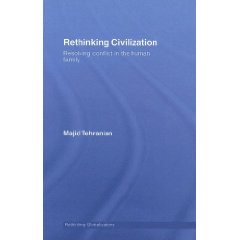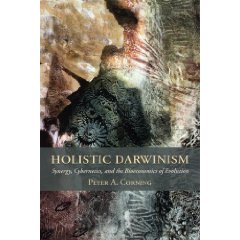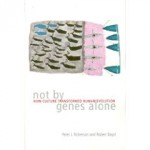
Majid Tehranian
I read a lot, and quite by accident (or courtesy of Dick Cheney who drove people back to books looking for answers) I am the top Amazon reviewer for non-fiction. I would have bought this book, along with the book I did buy today, Jeremy Rifkin's The Empathic Civilization: The Race to Global Consciousness in a World in Crisis but one look at the price and a one word decision: NO.
This book is CRIMINALLY priced. As a publisher myself, I can assure one and all that in lots of 1,500 in hard cover, it costs at most two cents a page including color cover and graphics. Using the Amazon on demand printing option, the cost is even less. Authors must STOP allowing publishers to price their precious work beyond the reach of most people with a brain. I offer all my books free online as well as via Amazon.
Other books in this vein that are ethically priced include:
Reflections on Evolutionary Activism: Essays, poems and prayers from an emerging field of sacred social change
Nonzero: The Logic of Human Destiny
Integral Consciousness and the Future of Evolution
Conscious Evolution: Awakening Our Social Potential
Collective Intelligence: Creating a Prosperous World at Peace
How to Change the World: Social Entrepreneurs and the Power of New Ideas, Updated Edition
The Cultural Creatives: How 50 Million People Are Changing the World
and many more. Phi Beta Iota, the Public Intelligence Blog, provides easy access to all of my reviews (over 1,500) in each of 98 reading categories including Catastrophe & Resilience, Cosmos & Destiny, and so on.
If the author will post this book free online, or if the publisher can be shamed into pricing it at under $35, I will buy it and review it.








